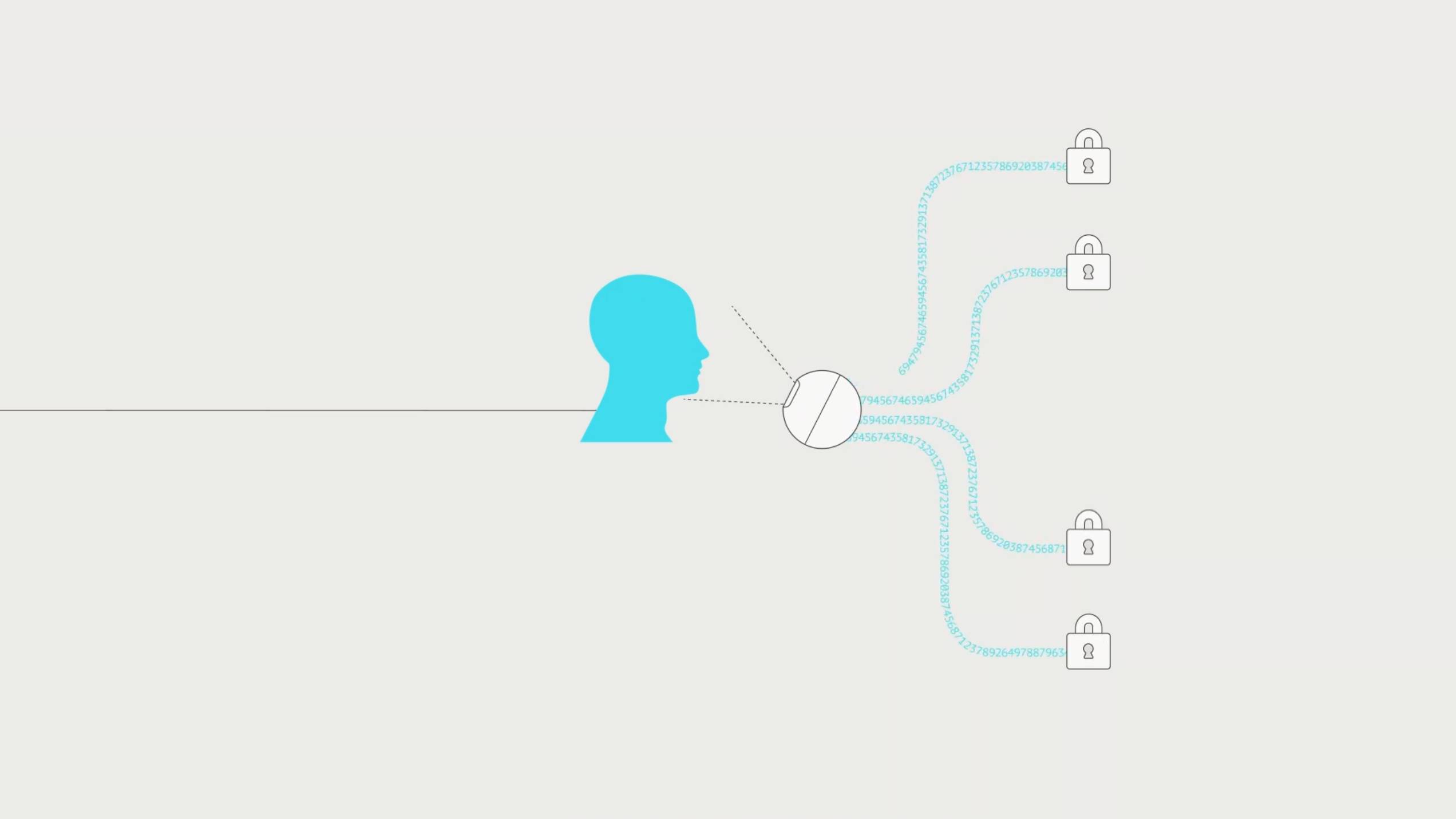I recently spoke to a number of biometric authentication providers and experts to try and suss out the pros and cons of various 'proof-of-human', AKA 'liveness detection', technologies, AKA prove you're flesh and bones and not an agentic AI. One thing I didn't focus on too much in my piece exploring the tech, but which certainly stuck out to me during my conversations, is just how inevitable many seem to think this technology is.
This came through most strongly from my discussion with Tiago Sada, chief product officer at Tools for Humanity. This company makes 'Orb' iris scanners for World, a Sam Altman co-founded company that's looking to create a global network of verified humans. The idea with proof-of-human/liveness detection is to, well, detect and prove that you're human, the goal being to combat bots on online services—even services such as gaming.
Sada thinks that having some form of this tech across the board is inevitable:
"I think, if you look far ahead enough, let's say, like, five or 10 years, I have a lot of conviction that every single thing we do on the internet—whether it's a game, an app, a website—it will require proof-of-human. Sometimes it'll be an exclusive thing, sometimes your browser will magically, like, pass along the proof-of-human. But I think there is no world where we are not going to have that. There is no tech company that you talk to today that believes that's not gonna be the case."
World gives you a World ID once you've had your iris scanned by one of its Orbs. You can then use this ID to prove you're human on websites and in applications that link up with it.

Setting aside potential security or privacy concerns we might have—World seems to deal with user data quite well, from what I could gather—it's not the only method out there. Much more familiar to most people is simple face authentication, such as what AuthID uses.
I spoke with AuthID Rhon Daguro, and he was keen to emphasise that different kinds of authentication are beneficial for different things: "Biometrics has to be easily adopted, not only with the physical person, but also even the limitation on the hardware as well." For instance, what kinds of megapixel cameras most people have access to might be a factor.
I have a lot of conviction that every single thing we do on the internet—whether it's a game, an app, a website—it will require proof-of-human
Tiago Sada, Tools for Humanity
But while different kinds of authentication methods and frequencies with which they're required are open for question, the need for some authentication seems to be taken for granted. The questions posed are how best to do it, not whether to do it at all.
I even found this to be the case when talking with someone outside the sphere of biometric authentication service provision. When I spoke with Alexandre Tolstenko, an assistant professor at Champlain College, our conversation hit upon a "new class of solutions" to authentication that don't present as many problems. But that authentication would be needed was never really in question.
It is, of course, not assumed by everyone that we'll need proof-of-human for every use case. Cybersecurity expert Aimee Simpson from Huntress, for instance, explained: "[Regarding] online gaming, I don’t think proof-of-human ID is necessary. While in an ideal world (with unlimited energy) this would be great, the sheer architectural and technological scale of this project would outweigh the benefits of having it."

However, if we're using a general digital ID rather than authentication just for gaming, this argument is somewhat nullified. That's where World's ambitious project might come in. Sada says he "strongly" believes that "World ID is going to be that proof-of-human [that becomes used everywhere] because it is an open standard, but then also because it actually solves a problem at the root."
If we get given one ID after an initial strong and secure verification, such as an iris scan, I can see how that could be proliferated across the board. And as much as I might dislike it as a tinfoil hat-wearing, privacy-loving curmudgeon, I worry that the existence of AI might have backed us into a corner here.
Do we want to know we're interacting with humans, or do we want to be free of digital ID and biometric authentication? It seems like at least some people have already made up their minds and are cracking on solving the 'how to' rather than the 'whether to.'












 Bengali (Bangladesh) ·
Bengali (Bangladesh) ·  English (United States) ·
English (United States) ·